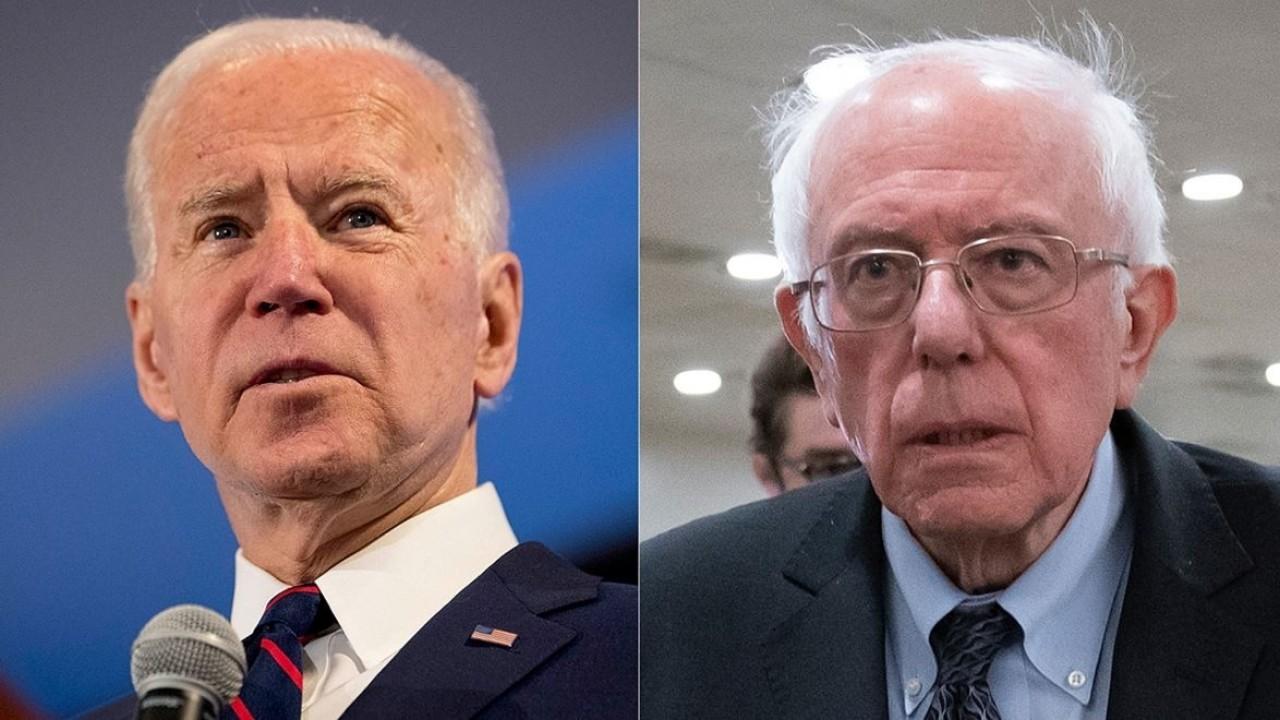What is a brokered convention?
Candidates need to receive 1,991 delegates to secure nomination. What happens if no one does?
It’s been nearly 70 years since presidential candidates headed to their party’s nominating convention without a clear victor, but odds are high that this year’s Democratic primary ends with a brokered convention.
In order to secure the nomination, candidates need to secure 1,991 delegates of the 3,979 pledged delegates at the convention in Milwaukee this summer. Delegates are awarded based on caucuses and primaries throughout the nominating contest. A combined 1,357, or about one-third of the total, are allotted on Super Tuesday alone.
FiveThirtyEight’s forecast shows the most likely outcome is that no one hits a majority of delegates before the convention.
BLOOMBERG PLOTTING TO BLOCK SANDERS NOMINATION WITH BROKERED CONVENTION STRATEGY
That means if no one receives 1,991 votes on the first ballot at the July convention, delegates would move to a second ballot in which so-called superdelegates would prove pivotal. New changes to party rules following the 2016 election prohibited superdelegates, or unpledged delegates, from voting on the first ballot of a contested convention.
Superdelegates are party insiders comprised of three different groups: a major elected official, including senators and House of Representative members; a notable member of the party, like a current or former president or vice president; and some members of the Democratic National Committee. They are allowed to support any candidate they choose, and can switch their support at any time.
CAN A DEMOCRAT BEAT TRUMP IN NOVEMBER? LAS VEGAS PREDICTS 2020 ELECTION RESULTS
If superdelegates were required to get involved in the voting process, candidates would then need to secure a majority on the second ballot, raising the number of necessary delegates to 2,376. Campaigns have reportedly been courting superdelegates preparing for such a scenario.
According to The New York Times, in between votes, negotiating may go on behind the scenes, with candidates offering each other the vice presidency or another job in exchange for dropping out.
The last time a Democrat won the general election after multiple rounds of voting at the convention was Franklin D. Roosevelt in 1932. For Republicans, it was Dwight D. Eisenhower in 1952.




















